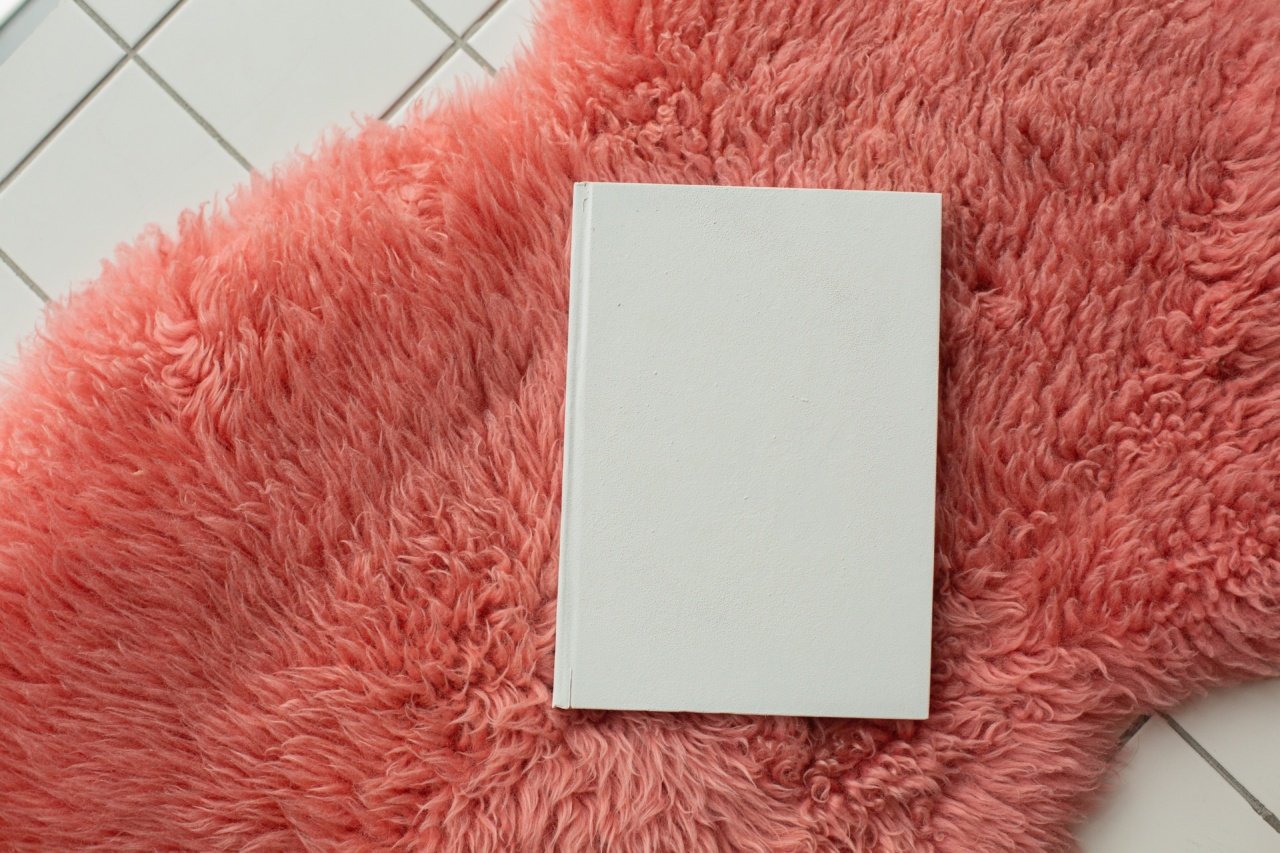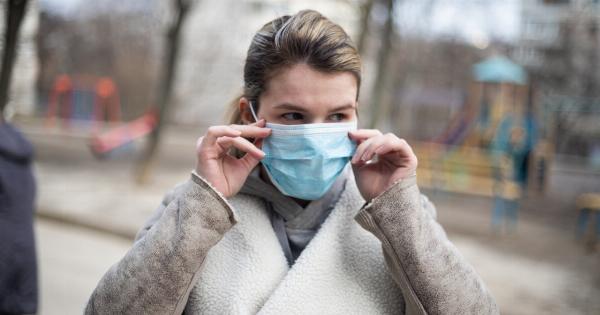When it comes to cough and cold remedies, there is an overwhelming amount of information available. From old wives’ tales to internet rumors, it can be difficult to know what is fact and what is fiction.
In this article, we will separate fact from fiction and provide you with science-backed information about cough and cold treatment.
1. Can Antibiotics Cure the Common Cold?
Fact: Antibiotics are not effective against the common cold. Colds are caused by viruses, and antibiotics are only effective against bacterial infections.
Taking antibiotics unnecessarily can contribute to antibiotic resistance, which is a major global health concern.
2. Do Vitamin C Supplements Prevent Colds?
Fiction: While vitamin C is important for a healthy immune system, there is limited evidence to support the notion that high doses of vitamin C can prevent colds.
Some studies suggest that regular vitamin C supplementation may slightly reduce the duration and severity of cold symptoms, but it is not a foolproof prevention method.
3. Does Chicken Soup Really Help with a Cold?
Fact: Grandma’s remedy does have some merit. Chicken soup can provide hydration and warmth, which can help soothe a sore throat and alleviate congestion. Additionally, the steam from hot soup can help clear nasal passages.
4. Can Zinc Lozenges Shorten the Duration of a Cold?
Fact: There is evidence to suggest that taking zinc lozenges within 24 hours of the onset of cold symptoms can reduce the duration of the cold by about a day.
However, it is important to note that excessive zinc intake can have side effects, so it is best to follow the recommended dosage.
5. Does Drinking Milk Worsen Mucus Production?
Fiction: Despite popular belief, there is no scientific evidence to support the claim that drinking milk increases mucus production.
Milk and dairy products are safe to consume when you have a cold, unless you are specifically allergic or intolerant to them.
6. Can Echinacea Prevent Colds?
Fiction: Echinacea is a popular herbal remedy thought to boost the immune system and prevent colds.
However, studies have produced conflicting results, and the overall scientific evidence does not support the notion that echinacea is effective in preventing or treating the common cold.
7. Should I Stay In or Go Out in Cold Weather?
Fact: Contrary to common belief, exposure to cold weather does not cause colds. Colds are caused by viral infections, and the temperature outside has no impact on whether you will develop a cold or not.
However, spending time in close proximity to others who have a cold can increase your risk of catching the virus.
8. Can Over-the-Counter Cough Suppressants Cure Coughs?
Fiction: Over-the-counter cough suppressants can help relieve cough symptoms temporarily, but they do not cure the underlying cause of the cough.
It is important to consult a healthcare professional if you have a persistent or severe cough that is affecting your daily life.
9. Is Rest the Best Treatment for a Cold?
Fact: Rest is crucial when you have a cold. It allows your body to focus its energy on fighting off the virus and promotes a faster recovery. Adequate rest also helps prevent the spread of the virus to others.
10. Can Eucalyptus Oil Clear Nasal Congestion?
Fact: Eucalyptus oil, when used in the form of a vapor rub or inhalation, can help alleviate nasal congestion. It has a soothing effect and can provide relief from stuffiness and blocked sinuses.





























